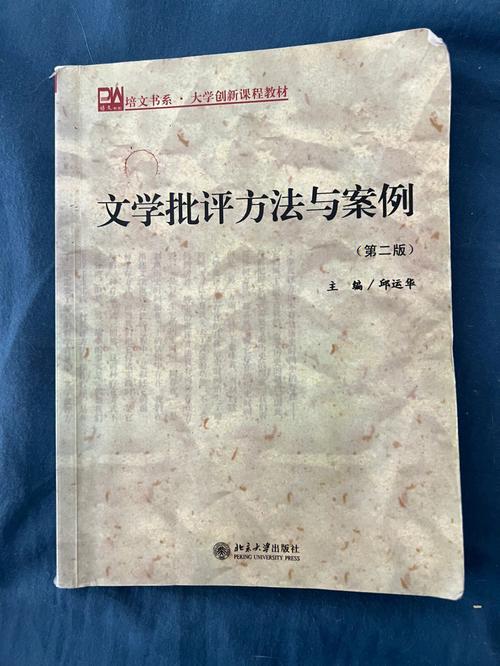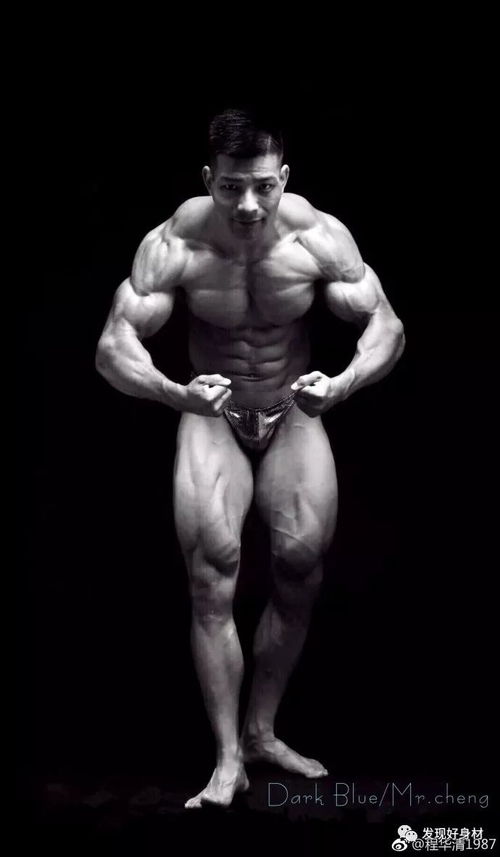《文学理论与批评》
Title: Understanding English Literary Theory and Criticism
English literary theory and criticism form the foundation of understanding and analyzing literature. It encompasses various approaches and methodologies aimed at interpreting texts, understanding their sociocultural contexts, and evaluating their aesthetic and literary merit.

There are several key concepts and schools of thought within English literary theory and criticism:
- Formalism: Focuses on analyzing the form, structure, and language of a literary work independent of its historical or social context.
- Structuralism: Emphasizes the underlying structures and systems that govern language and meaning in literature.
- Poststructuralism: Challenges the notion of stable meaning and emphasizes the instability of language and interpretation.
- Feminist Criticism: Examines literature through the lens of gender dynamics, exploring how gender shapes characters, narratives, and themes.
- Marxist Criticism: Analyzes literature in terms of class struggle and socioeconomic dynamics, focusing on issues of power, inequality, and oppression.
- Psychoanalytic Criticism: Draws on Freudian and Jungian theories to explore the unconscious motivations and desires of characters and authors.
- Postcolonial Criticism: Examines literature in relation to colonialism, imperialism, and the legacy of colonial oppression.
- Ecocriticism: Focuses on the relationship between literature and the environment, exploring representations of nature, ecology, and environmental issues.
Applying these theories involves close reading of literary texts, identifying key themes, symbols, and motifs, and analyzing how they relate to broader theoretical frameworks. For example, a feminist reading of Jane Eyre might focus on the portrayal of female agency and autonomy in a patriarchal society, while a Marxist reading might examine the class dynamics between the protagonist and other characters.
When conducting literary analysis, it's important to:
- Ground your analysis in a solid understanding of relevant theoretical frameworks.
- Support your arguments with evidence from the text, including quotations and close readings.
- Consider the historical, cultural, and biographical context of the text.
- Be open to multiple interpretations and perspectives.
- Engage with secondary sources and critical debates to enrich your analysis.
- Articulate your own insights and interpretations while acknowledging the contributions of other scholars.
English literary theory and criticism provide valuable tools for interpreting and analyzing literature from diverse perspectives. By engaging with different theoretical approaches, readers can gain deeper insights into the complexities of literary texts and appreciate the richness of the literary tradition.











